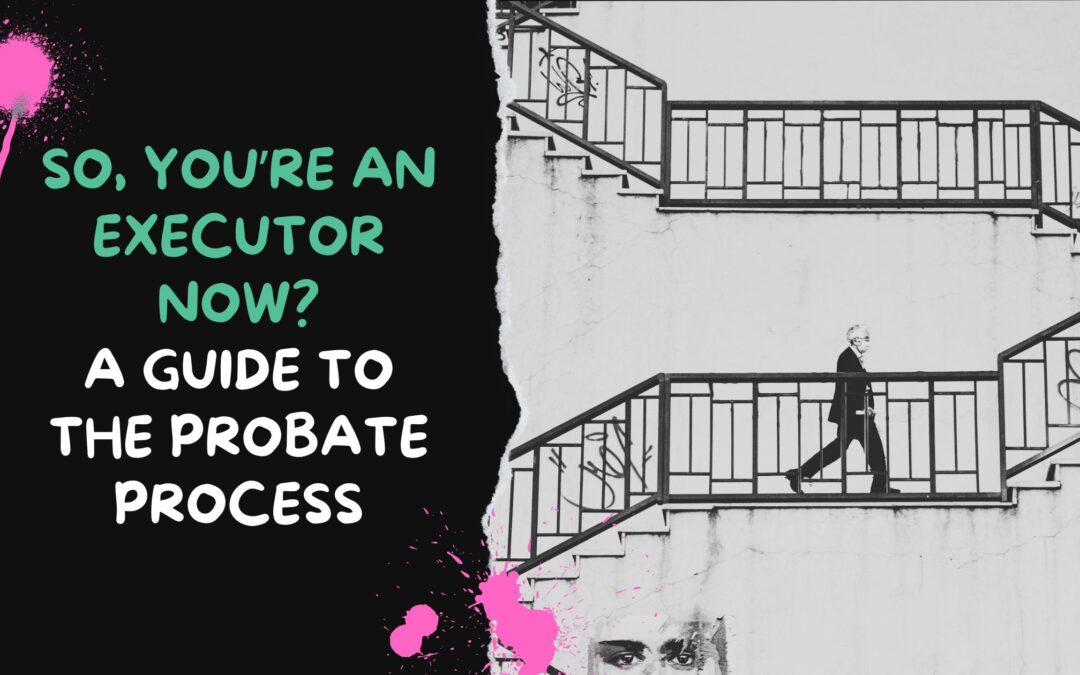To most, caveats present a quick and effective means to secure an interest, such as a debt, against something concrete and enforceable. Due to the relatively cheap cost of lodgment, the quick and cheap ability to identify property against which they can be lodged, the effective asset-freezing security they can provide and the difficulty for the owner of property to remove them without the consent of the party lodging the caveat, they have been the preferred option for many creditors for years and years. However, things may not be as simple as they seem: there are strict rules and regulations surrounding the lodgment of caveats and their removal, and a failure to adhere to them can see an otherwise innocent creditor end up defending costly Supreme Court litigation, only to wind up paying the legal costs of the other side. In this post, we explain some of the general reasons why.
By way of background for those less familiar with caveats, a caveat can be lodged over real property, such as a house or unit, with the effect that it prohibits the registration of any further dealings over that property. For example, a registered caveat can prevent the registration of a subsequent caveat by another party, or a mortgage and so on, which would give other parties enforceable rights. By lodging a caveat, the lodging party can thereby (at least temporarily) protect not only their debt or interest in the particular property as against third parties, but also protect their order of priority (depending on the particular circumstances of the case).
In practice, a person lodging a caveat could, theoretically, simply complete the necessary forms, claiming they are entitled to lodge the caveat, and get away with it. Irrespective of whether they are entitled to lodge a caveat, as opposed to simply claiming a debt, for example (they may not know themselves), the effect of registration will be the same. Where a valid and legitimate caveat has been registered, the owner of the property can serve a lapsing notice requiring the caveator to apply to the Supreme Court within 21 days of service to extend the operation of the caveat. Absent a lapsing notice, such as in extremely urgent circumstances where time does not permit, it is up to the owner to approach the Court. Either way, the owner of the property may end up in the Supreme Court which, needless to say, will be costly, even before the general expectation that a party who is ultimately found to be in the wrong or to have commenced a baseless case will wind up paying the costs of the other side. However, not anyone can just run off and lodge a caveat, and doing so could severely sting the caveator as the tables are turned.
First and foremost, a caveat can only be lodged to protect an actual real and direct legal or equitable interest in the property to which it relates. So, it is not enough that the owner of the property owes a debt to the caveator, or that the caveator is otherwise entitled to money from the property owner even by reason of a written contract, legislation or some other personal right. An actual interest in that specific property must have been granted to the caveator, or arising at law, for example because of contributions made to the property or the purchase of the property partially or fully on behalf of or for the caveator. Even a general agreement or promise to secure a debt over any real property owned by a person or entity is usually insufficient, as a specific interest in actual designated property is required. Secondly, the interest must exist at the time the caveat is lodged, and cannot be lodged to protect some future interest yet to arise. So, even a person with a clear-cut case simply awaiting a Court judgment will not have a sufficient interest to lodge a caveat in most circumstances.
To put the preceding paragraph into context, we have been involved in a number of disputes where things have escalated to the Supreme Court stage. In one family law dispute, the caveat lodged by the other side was said to be lodged to protect the interest the wife was entitled to under the Family Law Act 1975 (Cth), by reason of the pending divorce and property orders sought. In that case, even the interest provided by the legislation was not enough, as the interest itself would not come into existence until a Court judgment, it had not been determined that the interest would be a specific interest in that particular house and the extent of the interest (in dollar terms) was unknown until judgment.
In such a case, the caveator runs risks far greater than the costs of both parties in Supreme Court litigation. If a caveat is lodged without reasonable cause, the Court may impose additional penalties on the caveator, including the payment of compensation for any and all loss or damage occasioned by the loging of the caveat. So, in a case where an urgent sale of a property is needed to prevent a foreclosure (mortgagee sale), and the bank does foreclose, at a price lower than what otherwise would have been achieved privately, those penalties could be great. Similarly, in a case where a caveat prevents the urgent sale of a property for the investment in something time crucial, and the lost opportunity of that investment turns out to be real and significant, the penalties could be crippling. It should be noted also that a finding that a caveat was lodged without reasonable cause does not require the caveator to have acted with any degree of deception or to have otherwise engaged in any sinister conduct, but rather only that there never was a basis to lodge it, considering the strictness of the examples provided above.
Ultimately, caveats should not be lodged lightly. They can turn what should be a cheap and effective enforcement or security option into major costly, time consuming and potentially crippling litigation. Caveats should never be lodged without competent legal advice as to the sufficiency of the interest claimed, and the risks that may arise in any given case, especially considering that anyone can make a claim and drag another through the Court process, irrespective of whether or not they are right, yet the legal costs of defending it in the meantime could be substantial and perhaps never recoverable.
As always, please feel free to contact us regarding similar or other issues.




